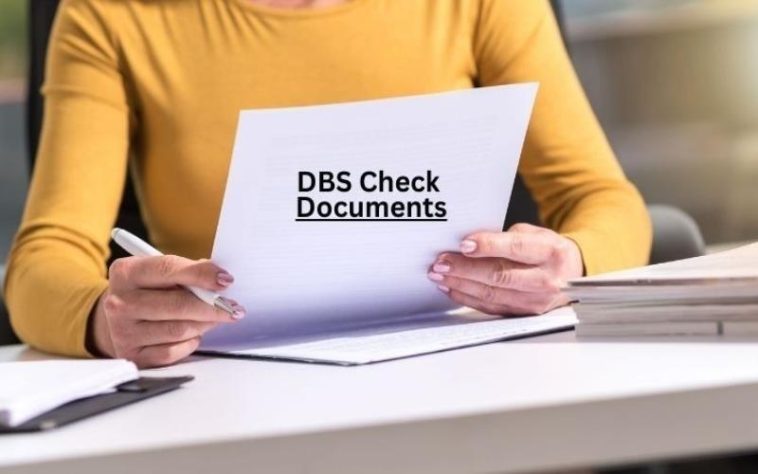The Disclosure and Barring Service (DBS) check is a crucial step in the UK for individuals seeking employment, particularly in roles involving contact with vulnerable groups such as children and the elderly. This guide aims to clarify the different types of DBS checks, their importance, and how to determine the appropriate check for your specific situation.
Understanding the Different Types of DBS Checks
Basic DBS Check
A Basic DBS check is the most straightforward type, available to anyone for any role. It reveals unspent convictions and conditional cautions, providing a snapshot of an individual’s recent criminal history.
Significance: This check is often used in jobs where general trustworthiness is essential, but the role doesn’t involve working with vulnerable groups. Examples include positions in retail, administration, and certain entry-level roles in various sectors.
Standard DBS Check
A Standard DBS check is more detailed, including both spent and unspent convictions, cautions, reprimands, and final warnings. This check is typically required for positions of responsibility that do not involve direct contact with vulnerable individuals.
Significance: This check is crucial for roles that require a higher level of trust and responsibility, such as in financial services, legal professions, and certain administrative positions within regulated industries.
Enhanced DBS Check
The Enhanced DBS check is the most comprehensive. It includes all information from the Standard check plus any additional relevant information held by local police forces. There is also an Enhanced check with a barred list check, which includes a search against the lists of individuals barred from working with children or vulnerable adults.
Significance: This check is essential for roles that involve significant interaction with vulnerable groups, such as teaching, healthcare, social work, and volunteering positions in related fields. The barred list check ensures that individuals who are legally prohibited from working with vulnerable groups are identified and excluded.
Determining the Appropriate DBS Check
Job Role and Responsibilities
The first step in determining the appropriate DBS check is to carefully review the job description and responsibilities. Positions with direct, unsupervised access to vulnerable groups will typically require an Enhanced DBS check, often with a barred list check. For roles with less direct responsibility, a Standard DBS check might suffice, while positions with no specific requirements may only need a Basic DBS check.
Legal and Regulatory Requirements
Certain professions have specific legal requirements for DBS checks. For instance, teachers, healthcare professionals, and social workers are legally mandated to undergo Enhanced DBS checks. Understanding these regulatory requirements is crucial for both employers and employees to ensure compliance with the law.
Employer Guidelines
Employers often have clear guidelines regarding the level of DBS check required for various roles within their organization. Consulting with your prospective employer can provide clarity on which check is necessary and ensure that you meet their requirements.
Online Resources and Tools
There are numerous online resources, including the official DBS website, that provide detailed guidance on which type of DBS check is appropriate for different roles. These tools can be invaluable for both individuals and employers in making informed decisions.
Applying for a DBS Check
Basic DBS Check
Individuals can apply for a Basic DBS check directly through the DBS website or a registered body. This process is straightforward and can be completed online.
Standard and Enhanced DBS Checks
For Standard and Enhanced DBS checks, the process is typically initiated by the employer. You will need to provide identification documents and give consent for the check. The employer submits the application on your behalf, and you will receive the results upon completion.
Processing Times
The time required to process DBS checks can vary. Basic checks usually take a few days, while Standard and Enhanced checks may take longer due to the more detailed investigation required.
Importance of DBS Checks
DBS checks are a vital tool in safeguarding vulnerable groups by ensuring that individuals in positions of trust are appropriate for their roles. They help maintain high safety standards, protect vulnerable individuals, and uphold the integrity of organizations across various sectors.
Conclusion
Understanding which DBS check you need and its significance is essential for ensuring that you meet legal and regulatory requirements and maintain the trust and safety standards expected in your role. By carefully reviewing job responsibilities, consulting with employers, and utilizing available resources, you can determine and obtain the appropriate DBS check, fostering a safer and more secure environment for everyone.



